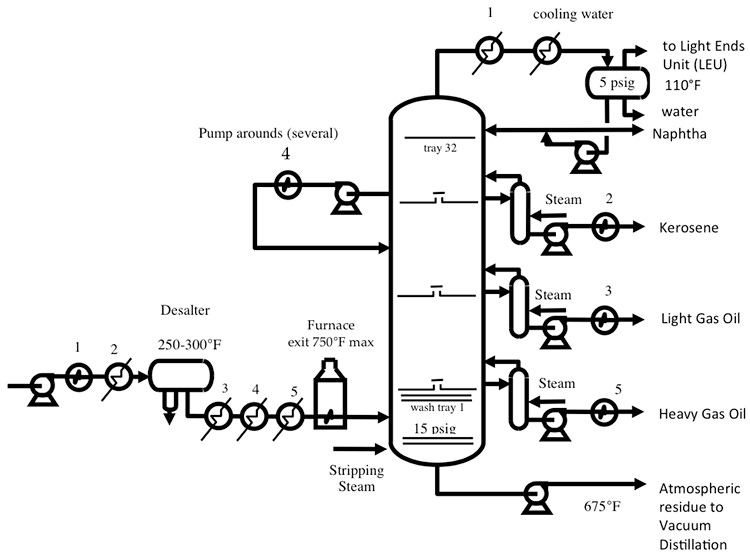Antimicrobial Paint, Nanobodies for Livestock, and Solvay Paying Out a Covid Bonus
Sharing is caring.
Innovation
Antimicrobial Surfaces
PPG and Corning are partnering on a paint that can kill the virus that causes Covid-19. Corning is the developer of the paint additive called Guardiant that has antimicrobial properties. The antimicrobial testing was done at the University of Arizona in the lab of Dr. Charles Gerba. The Gaurdiant technology is reported to work on Norovirus, Adenovirus 5, Staphylococcus aureus, Pseudomonas aeruginosa, Escherichia coli O157H:O7, Methicillin-resistant Staphylococcus aureus, Coronavirus 229E, Influenza A subtype H1N1, and SARS-CoV-2. The mechanism of action is proposed to be through copper ions that are preserved in a ceramic matrix. The copper ions kill the microbes and viruses while the ceramic keeps the copper ions stable over time.
All of this sounds great, but the EPA still needs time to approve the new product. The current administration seems to have made the EPA an unpleasant place to work, so it may take a significant amount of time for this new technology to be approved.
PPG says that paint with Guardiant has antimicrobial effects after a simulated six years of scrubbing. Guardiant is supposed to start killing microbes within 2 hours.
Nanobody Drugs for Livestock
Chemweek reported that NovoBind Livestock Therapeutics is aiming to develop nanobody drugs for Salmonella, Eimeria, and Clostridium in poultry and White Spot Syndrome and Vibrio for shrimp. NovoBind struck an agreement with Lallemand Animal Nutrition in 2019 to help them develop viable products for the agriculture space.
I actually had no idea what nanobodies were, but here is a good primer. Nanobodies appear to be the leaner, scrappier, and more easily produced version of antibodies. According to NovoBind co-founder Hamlet Abnousi the target microbes they are going after are based on the gastrointestinal systems of the livestock:
All of our advisor have been telling us food animals have been pressured to grow very fast. To do that, they have to assimilate a great deal of food. Their bodies have grown but essentially the vehicle to assimilate all that food—their gastrointestinal system—hasn't changed. So, there is an immense amount of pressure on the gastrointestinal tract of these animals.
The first nanobody drug for humans was from Sanofi’s Cablivi. Ablynx, a company that held nanobody patents, was purchased by Sanofi in 2018 and the expired patents from Ablynx are the basis for NovoBind founding. NovoBind’s other co-founder Dr. Robert Fraser was the former head of drug development at Sanofi.
I wonder if the use of nanobodies could help reduce the antimicrobial resistant adaptation of microbes. This sounds like a promising development for the food supply chain.
Business Distillate
Sumitomo Bakelite has reported a 20,030 million yen loss in their second quarter for the fiscal year that ends in March 2021. If I’m doing my conversion correctly this appears to be about a $190 million dollar loss. Chemweek reported that the high performance plastics units of Sumitomo Bakelite pulled down the business, but by how much it’s difficult to say (Chemweek reporting behind paywall). The loss was reported in a stand-alone financial statement and is not reported in the consolidated statement.
Braskem reported a loss of about $258 million in Q3 of 2020 that appears to be primarily driven by a salt mine geological event that is causing relocation of residents, which will cost about $158 million. Shutting down the mine will ultimately cost about $137 million. Braskem reported a YoY gain in EBITDA of 69% compared to this time last year.
Solvay is putting aside 16 million euros for bonuses to non-executive employees for their work during the Covid-19 crisis. The bonus will be in addition to the yearly bonuses plans and is occurring despite lower revenue YoY compared to 2019. This is a surprising move that seems to be putting employee well being closer to that of a shareholder. Solvay’s CEO Ilham Kadri looks to be leading the way in changing how a chemical company operates and what it means to work at one. Solvay will definitely be an interesting company to watch in the coming years. I wouldn’t be surprised if Solvay is able to attract the best talent in the chemical industry in the coming years with this type of employee centric thinking.
The Polymerist
The views here do not reflect those of my employer nor should they be considered investment advice.






